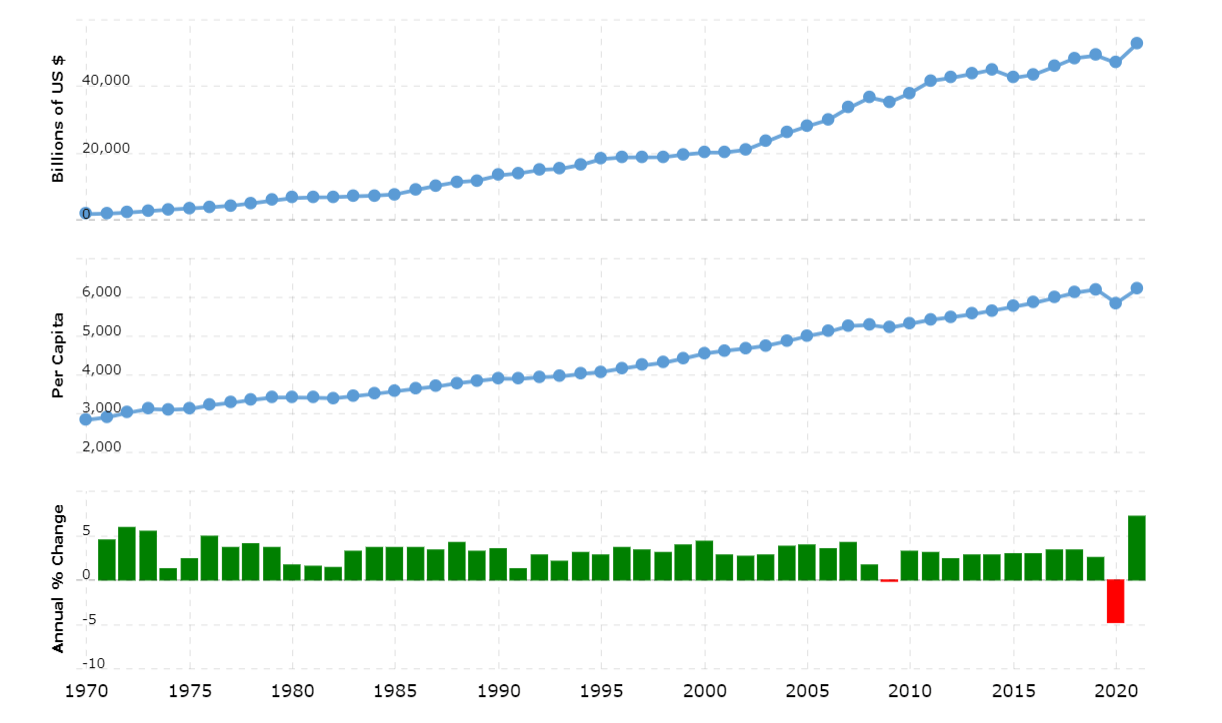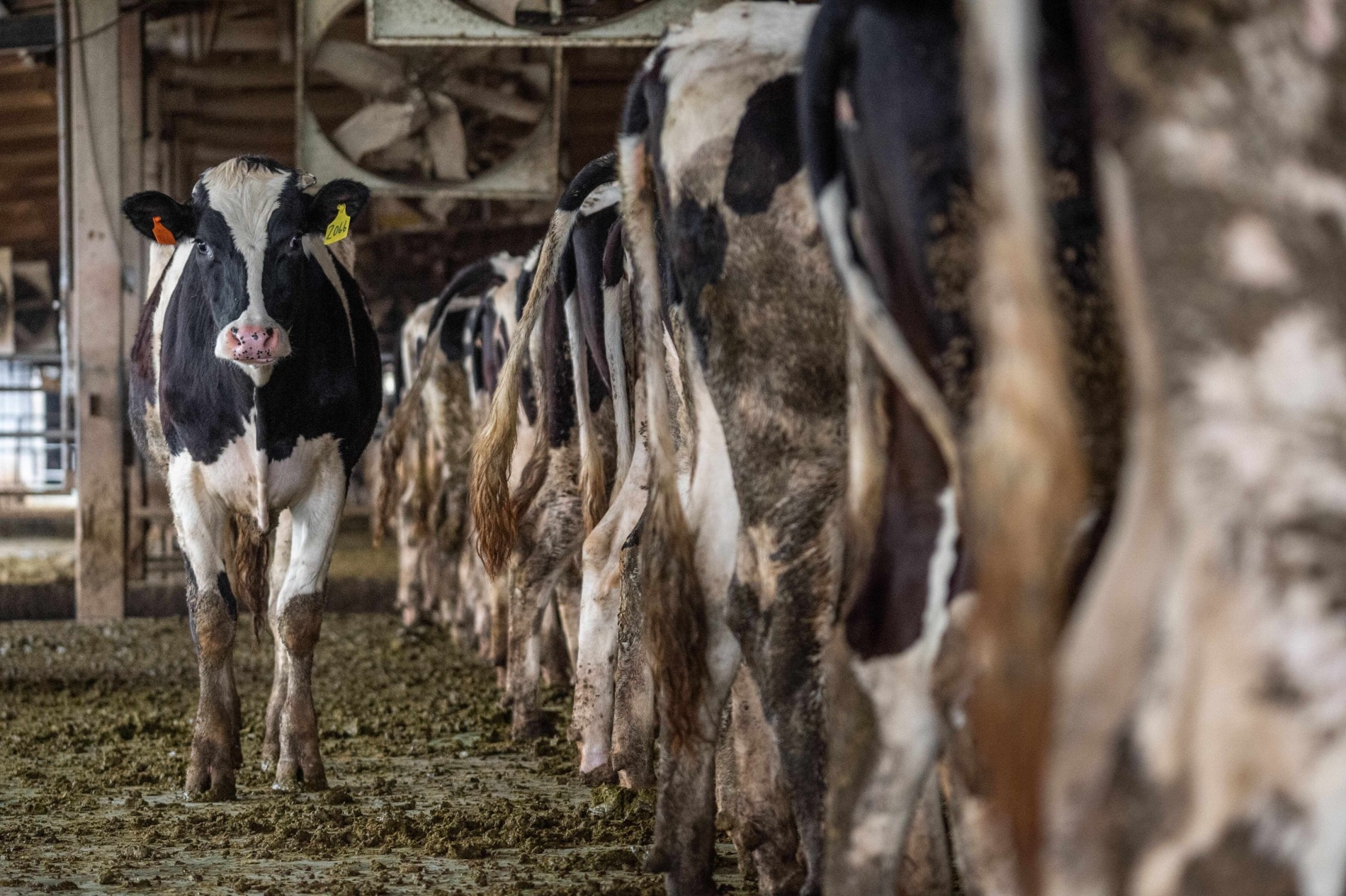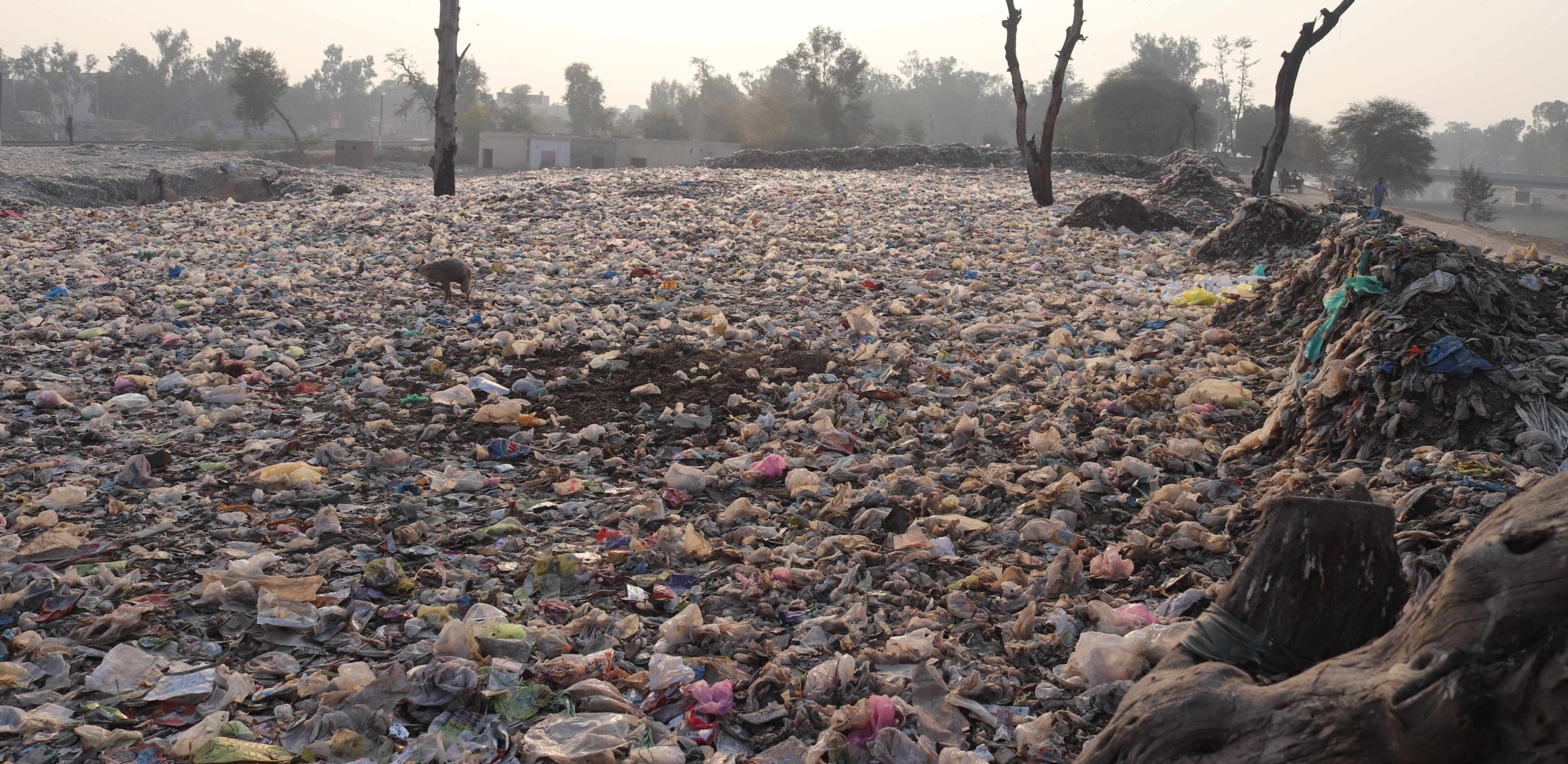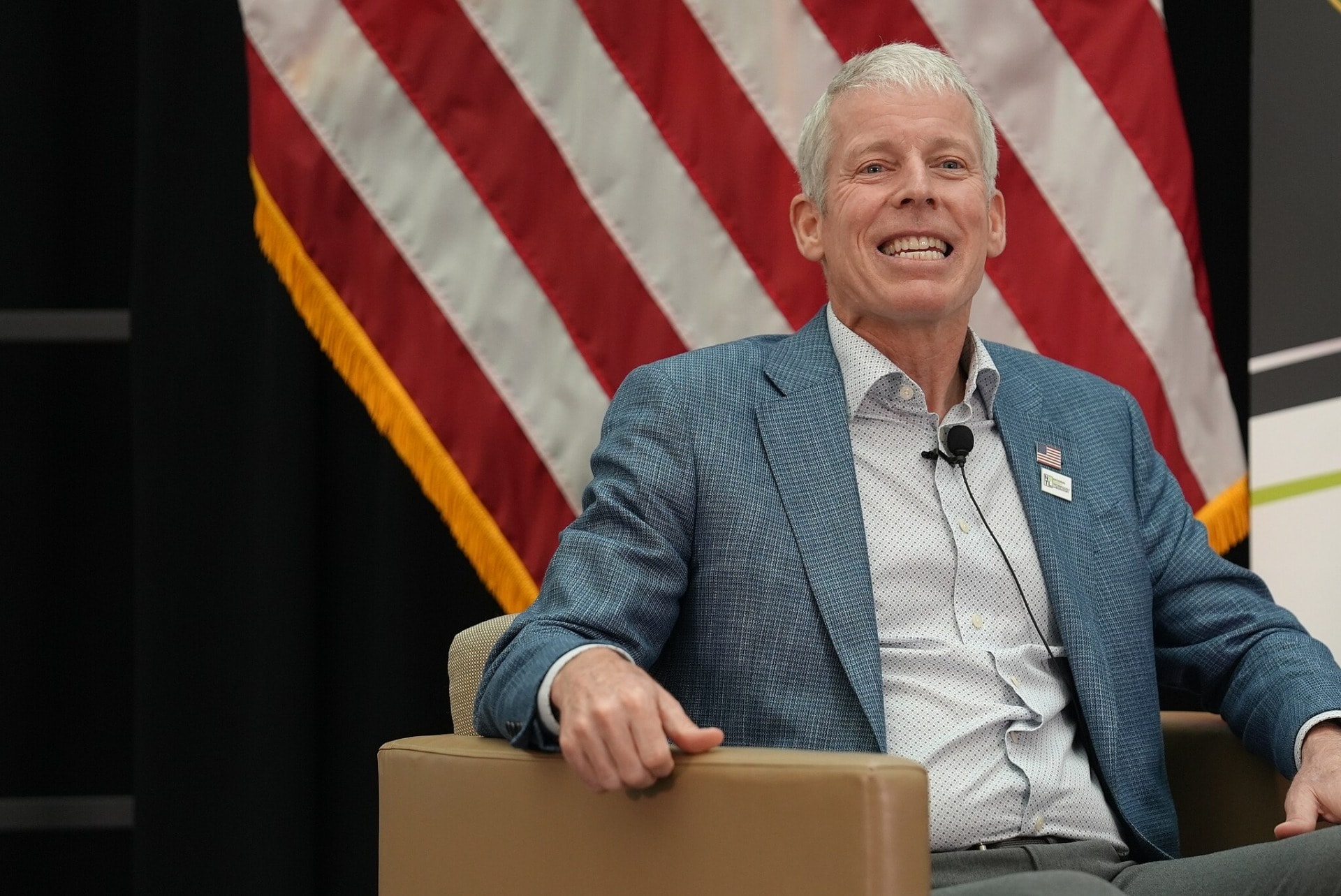The planet is walking on a tightrope. Over the last 50 years, people have been consuming more and more: Not only do we buy more things we think we need, we also buy things we do not need.

Before diving into the role of marketing and advertisement in overconsumption, let’s have a look at the effects of overconsumption and the rise of a society of waste.
Taking a Toll on Our Planet: Overconsumption and Environment
Human activities are taking a toll on our planet, and they need to change — at the local and global, public and private sector levels. It is difficult to influence the way companies operate, which bills are passed, or how many space trips billionaires decide to pay for. However, we can reduce our impact on the planet by changing our consumption habits.
Overconsumption leads to resource waste, one of the key environmental challenges of the last decades. One might think that the more people a country has, the more likely it is to consume and pollute. However, this link has been proven to be wrong. Waste is strongly correlated to economic growth and well-being.
For example, even though the US population accounts for only 5% of the global total, the country uses a quarter of global fossil fuels.
There is also an enormous waste of two fundamental resources for humans: Water and food.
Water is one of the key elements of life. A 2015 study found that only 26% of the water retrieved by humans is used properly — the rest is wasted. And still, according to the UN, around 2 billion people around the world lack access to clean and safe drinking water.
Food is also incredibly important for people’s health. The United Nations Food and Agriculture Organization (FAO) reported that one-third of the total food produced is wasted every year. We also produce huge amounts of cereals and soybeans to feed animals only to get back a small percentage of calories.

It has not always been like that. Overconsumption is a phenomenon of the last 50 years.
The Rise of the Society of Waste
The American Marketing Association defines consumption as “the direct and final use of goods or services in satisfying the wants of free human beings.” The need to consume derives from materialism.
Douglas Holt, a leading branding expert and former Marketing professor at the Harvard Business School, characterizes materialism as the belief that value is linked to objects rather than experiences and people. We are prioritizing physical comfort over spiritual values: To feel happy and fulfilled, we crave material things.
Materialistic behaviors negatively affect both our planet and ourselves. Because we are brought to believe that comfort derives from possessions, we develop the unhealthy thought that if we do not attain these things we are not worthy and thus we become increasingly disappointed. Materialism, in the long run, has a strong negative effect on well-being.
The effects of overconsumption are well known, but still, people buy things they do not really need. For example, in the USA, there are more cars than licensed drivers, and people are buying bigger houses despite having fewer people per household.
We waste because we consume — we consume because we think we need to. Marketing is one of the reasons we are brought to believe that.
The Power of Marketing
In his book, “Marketing Management,” Kotler, one of the fathers of the discipline, defines marketing as “[t]he science and art of exploring, creating, and delivering value to satisfy the needs of a target market at a profit. Marketing identifies unfulfilled needs and desires. It defines, measures and quantifies the size of the identified market and the profit potential.”
In reality, there are two contradicting ideas of marketing. On one hand, marketing is seen as a way to meet consumers’ needs; on the other, it is seen as the reason people buy what they do not need.
Related articles: Stop Global Overconsumption: How to Replace it | Overconsumption: The Problem with Modern Consumers | 3 Companies Leading the Way in Circular Fashion | Sustainable Consumption and Production Patterns
Consumers are aware that, through advertising, companies urge them to buy unnecessary things. They blame it on the way the products are presented — such as their packaging and their looks — but also on the status that the product delivers. Either way, they still consume more than necessary.
The marketing of the past was based on several assumptions that are not true today: The planet’s resources are infinite; encouraging unlimited consumption is good; Earth can take our waste and pollution just fine.
Today, the world needs us to be more aware of our consumption and waste.

The Shift to Sustainability: Marketing for the Environment
As people become more aware of the environmental toll our actions are taking on the planet, companies have started widening their strategies to include sustainability.
Sustainability is defined as “forms of progress that meet the needs of the present without compromising the ability of future generations to meet their needs.”
The needs of the present can be affordable education, access to water resources, real income rise, and general improvement in quality of life.
In the last few decades, a new term was created: Sustainable consumption, meaning shopping more responsibly.
The term was first brought up at the 1992 Earth Summit and, ever since, companies and administrations have come up with sustainable strategies to limit waste. For example, in 2014, San Francisco became the first major American city to ban the sale of plastic bottles on public property.
The phrase “sustainable consumption,” however, is contradictory: How can consumption be sustainable when it leads to waste while sustainability calls for preservation? This oxymoron is the reason scholars are struggling to agree on a formal definition of the term.
Moreover, even though companies are coming up with creative ideas to limit waste and push consumers to shop more sustainably, the root of the problem remains. Let’s take the retail sector as an example.
Fashion chains — such as ZARA, H&M, and Shein — have destructive effects on our planet. They have been accused of greenwashing, promoting themselves as green companies when, in reality, their ethical and environmental claims were often inaccurate or inflated.
However, these companies keep creating “sustainable” lines and promoting products made with organic cotton. They keep pushing consumers not to stop buying, but to buy what they want us to believe is better for the environment. And most times, people do not even notice they are being manipulated.
So I ask myself — and you readers: Why are we, as a society, finding a different way to consume instead of working on ourselves to avoid unnecessary consumption altogether? Why do we keep finding excuses to buy more, instead of buying less?
Editor’s Note: The opinions expressed here by the authors are their own, not those of Impakter.com. — In the Featured Photo: A landfill. Featured Photo Credit: Naja Bertolt Jensen.














